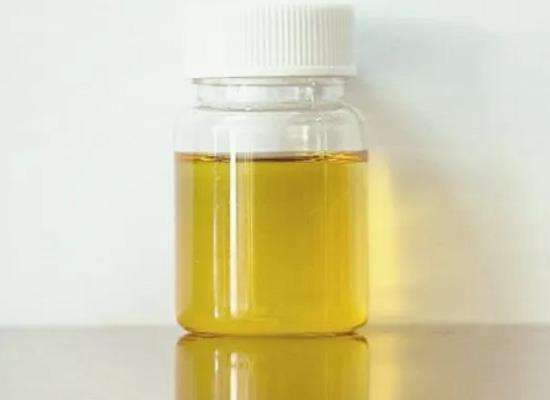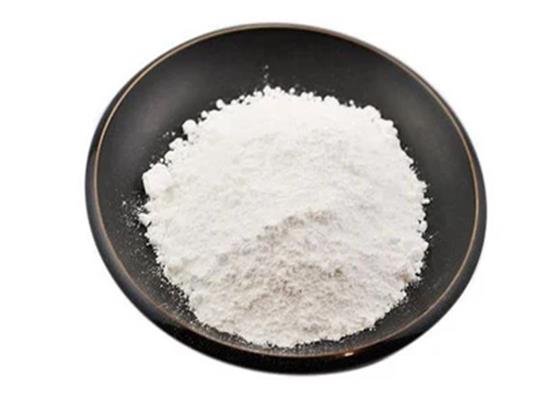Understanding Sodium Butyrate: Benefits and Mechanisms
Oct 21,2024
General Description
Sodium butyrate (NaB), which is a salt of butyric acid, is characterized by a wide range of beneficial properties/activities. NaB has been investigated in case of several diseases, such as inflammatory bowel diseases (IBDs), non-alcoholic fatty liver disease (NAFLD), and obesity. During the last several years, an increasing interest in the effect of NaB usage in the context of colorectal cancer has been observed.
Currently, colorectal cancer is one of the most commonly diagnosed cancer. Notably, 1.8 million new cases were noted in 2018 and 1.93 million in 2020, globally. Despite the fact that the treatment of this cancer is quite well established and it regards neoadjuvant therapy as well as surgery, there is a need to search for new therapeutic mini-invasive or non-invasive methods that, among others, support the preparation of patients for surgical treatment, reduce the side effects of anti-cancer therapy, and inhibit the progression of disease. Modification of gut microbiota and metabolome aspects seems to be extremely significant in the case of colorectal cancer. Using of sodium butyrate may be a promising strategy for colorectal cancer patients.1
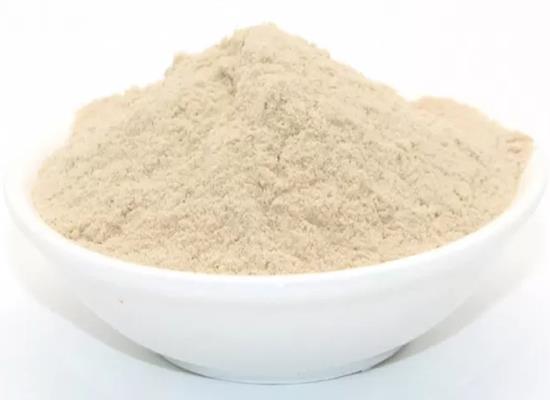
Figure 1. Sodium Butyrate
Mechanisms of Action in Cancer Cells
Sodium butyrate is able to provide an anti-tumor effect in the context of colorectal cancer. Notably, there are several mechanisms by which NaB may be involved in this process. In the Xi et al. study, the effect of NaB on colorectal cancer cells (lines SW480, LOVO, HCT116, and HCT8) was investigated. The results of this study explore the anti-cancer activity of this component; i.e., NaB is able to induce apoptosis as well as inhibit colorectal cancer cell proliferation. In another study, the impact of NaB on colorectal cell lines (HCT116 and SW480) was also assessed. The authors used next-generation RNA sequencing. It was noted that 7,192 genes were differently expressed in cells treated with NaB in comparison with untreated cells. Recently, it was also observed that NaB is able to inhibit colorectal cancer cells’ (lines HCT116 and LOVO) migration through enhancement of miR-200c expression-mediated downregulation of Bmi-1.
Notably, in another study it was noted that the miR-200c/FUT4 axis prevents the proliferation of colon cancer cells. This effect is obtained by downregulation of the Wnt/β-catenin pathway. Interestingly, Sanaei et al. investigated the effect of NaB on both AsPC-1 (pancreatic cancer) and HCT-116 (colon cancer) cell lines. It was observed that NaB increased p16INK4a, p14ARF, and p15INK4b, and reduced class I and II HDACs. The authors also reported that colon cancer cell lines were more sensitive to NaB than pancreatic cell lines. Notably, p16INK4a is a tumor suppressor protein . It was observed that the loss of p14ARF expression is related to more advanced tumors, which has been confirmed in the Kim et al. study.1
Nevertheless, studies that were published assess the effect of sodium butyrate on colorectal cancer cell lines or regard animal model studies. There is a large shortage of studies that investigate the results of supplementation with NaB in patients with colorectal cancer. It can be linked to the popularity of this type of products as well as the formal regulation of NaB, because it may differ depending on country. For instance, in Poland, NaB is available as food with special medical purposes. Overall, NaB should be considered as a supportive product in the complex interdisciplinary anti-cancer treatment.
Impact on Gut Microbiota
The supplementation with Sodium butyrate can beneficially affect gut microbiota. In the Ma et al. study, the effect of NaB on modulation of gut microbiota in mice with colorectal cancer liver metastasis was investigated. The composition of gut microbiota was assessed using 16S rRNA gene sequencing. It was observed that NaB beneficially altered gut microbiota. Moreover, it modulated immune system by decreasing Treg cells and increasing NK cells as well as T helper cells. In another animal model (C57BL/6J mice) study, it was revealed that exercise and NaB supplementation reversed metabolic dysfunctions, which have been induced by high-fat diet (p < 0.05), and inhibited the amount of microbes producing lipopolysaccharide (p = 0.001).1
References:
[1] KAROLINA KA?MIERCZAK-SIEDLECKA. Sodium butyrate in both prevention and supportive treatment of colorectal cancer.[J]. ACS Applied Energy Materials, 2022. DOI:10.3389/fcimb.2022.1023806.
- Related articles
- Related Qustion
Sodium Butyrate
156-54-7You may like
- Sodium Butyrate
-
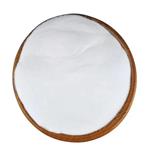
- $999.00/ ton
- 2025-02-08
- CAS:156-54-7
- Min. Order: 1ton
- Purity: 99%
- Supply Ability: 5000
- Sodium Butyrate
-
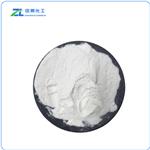
- $120.00 / 1kg
- 2025-02-08
- CAS:156-54-7
- Min. Order: 1kg
- Purity: 99%
- Supply Ability: 20ton
- Sodium Butyrate
-

- $10.00 / 1KG
- 2024-11-29
- CAS:156-54-7
- Min. Order: 1KG
- Purity: 99%
- Supply Ability: 10 mt




